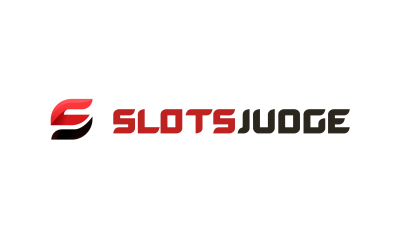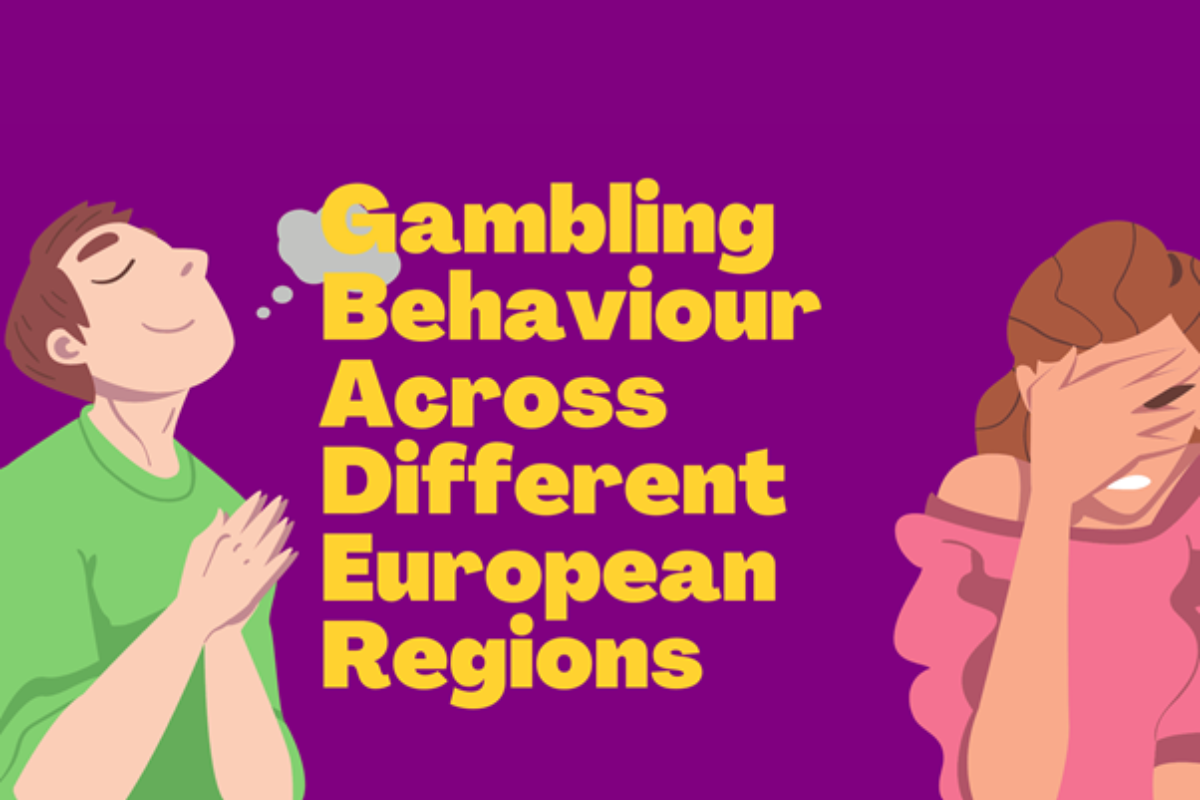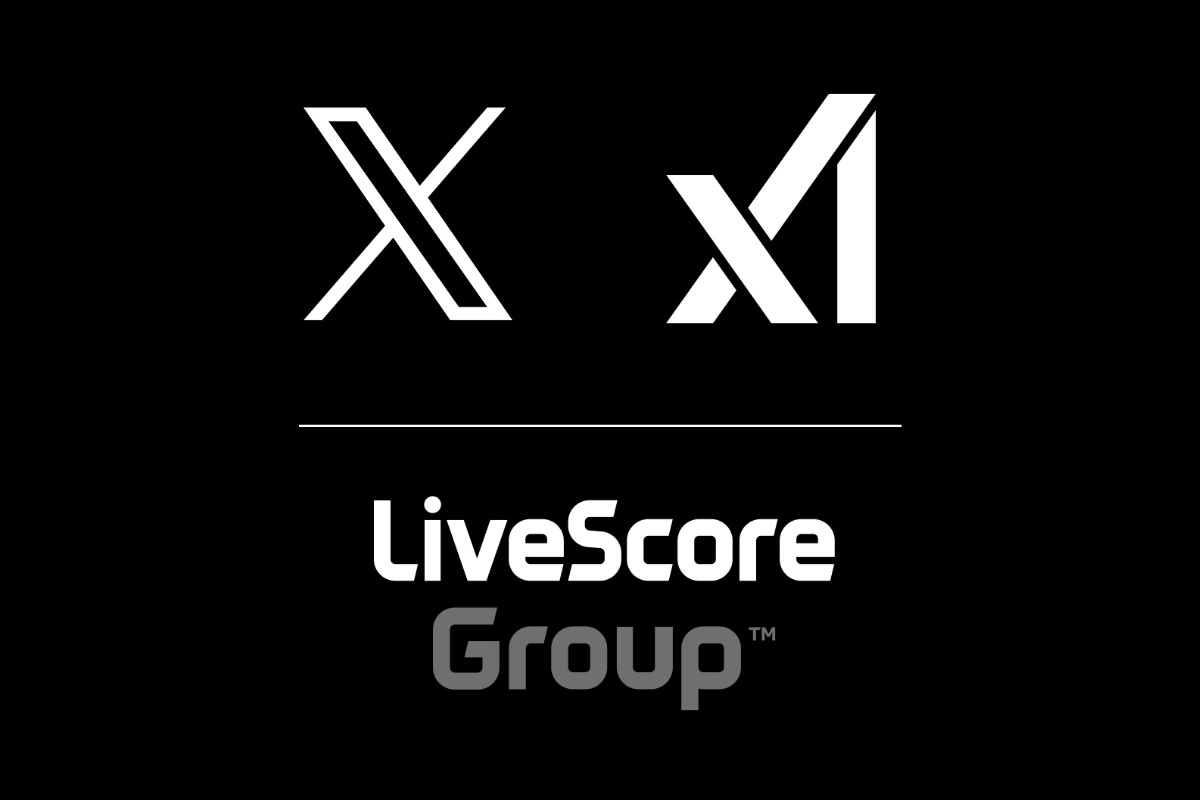Industry News
A deep dive into generative AI

Nick McDonald, Account Director at Fujitsu, takes a closer look at the revolutionary technology and says it should not be feared if used in the right way.
The topic of AI is dominating conversations across the industry right now.
Businesses understand that it can have a seismic impact on all aspects of their operations, from internal processes and procedures to the solutions, tools and services they provide to customers.
Of course, that impact can be both positive and negative, and while there has been a lot of hype around the potential of AI concerns have been raised, too.
This has left many organisations – and, indeed, the global markets – a little nervous about AI and unsure how they should approach the technology.
It’s important to understand there are different types of artificial intelligence, with each type having its own use cases. This includes but is not limited to:
- Narrow AI
- General AI
- Super AI
- Reactive machines
- Limited memory
- Theory of mind
- Self aware
The category of AI that most are interested in is Narrow AI and in particular, the Generative AI that sits within this category of artificial intelligence.
But what do we actually mean by Generative AI?
Generative AI – a simple definition:
Generative AI can create new data including texts, images, videos and more. It does this by learning the structure and patterns of its training data to generate new ideas with similar characteristics.
It can be training to understand human language, programming languages, art, chemistry, biology, law and countless other complex subjects.
Large AI models power Generative AI. Often referred to as foundation models, they can perform a wide variety of tasks including summarization, classification and answering queries.
This makes it ideal for things like chatbots, creating media assets, design and product development.
ChatGPT catapulted Generative AI into the mainstream:
ChatGPT is the most well-known example of how Generative AI can be used.
Its rise has been nothing short of meteoric, reaching 100 million users in just two months (Facebook took 54 months to reach the same milestone).
ChatGPT is essentially a chatbot that runs on the foundation of large language models (LLMs), trained on vast amounts of data to produce texts that humans can understand.
Users ask a question and ChatGPT breaks down the query into smaller components to analyse their meaning and to determine what the user is really asking it to do.
It then returns words and sentences it predicts will base answer the query, based on the data it has been trained on.
Generative AI – the risks:
While ChatGPT may seem like a useful tool that, if nothing else, is great fun to use, it also highlights some of the concerns surrounding Generative AI.
This includes the accuracy of the outputs being generated, inconsistent output, bias, a lack of explainability and even threats to security, privacy and intellectual property.
There’s a growing number of examples of people using tools like ChatGPT and finding themselves in hot water but one of my favourites is that of a lawyer who used it to search for legal precedents in a case they were working on.
The lawyer typed their query into ChatGPT – thankfully being smart enough to not include specific information about the case – and it returned information showing that there were legal precedents.
They then instructed ChatGPT to compile the information in a document to submit to the court.
The issue was that the information ChatGPT returned was false, something the judge picked up on after reading the document submitted by the lawyer and undertaking their own research into the legal precedents presented.
When the judge was unable to find any such cases, they put this to the lawyer who came clean about using ChatGPT to search for legal precedents, but then not checking what it returned.
The lawyer was ultimately struck off – the best possible result because had they included information about the case in their ChatGPT search, they would have faced a lengthy prison sentence for breaching confidentially.
This is because ChatGPT is a public service that consumes information as well as shares it.
Don’t fear Generative AI:
But this shouldn’t stop organisations from embracing the power of Generative AI and the clear benefits it can bring to their operations.
From streamlining game development to improving customer support, there are many ways online gambling businesses can harness its potential to drive growth.
The way we have gone about this is to create a chatbot similar to ChatGPT that organisations can use with confidence. It works similarly to ChatGPT but instead of using publicly available data, it sits on top of the company’s data warehouse.
This allows teams and employees to ask questions and queries and have answers generated based on the proprietary data that foundation models have been fed on.
This data can be siloed within the warehouse, with individuals and teams given specific levels of access – the marketing team doesn’t need to be able to ask questions of the same data sets as the CFO and CEO, for example.
The use cases for a Private GPT are endless but include being able to ask any question, chat with company data, find new answers and insights, foster deeper collaboration, jointly generate insight and evaluate results and decision support systems.
Of course, this is just one way that Generative AI can be used but demonstrates how its capabilities can be harnessed safely and without any negative repercussions.
But as the industry gets to grips with the technology, many more will emerge and undoubtedly change the game for all stakeholders.
-

 Asia6 days ago
Asia6 days agoDigital gaming disruption tackled in 1st AsPac Regulators’ Forum
-

 Africa6 days ago
Africa6 days agoBetKing Renews Ikorodu City FC Partnership for 2025/26 NPFL Season
-

 Compliance Updates6 days ago
Compliance Updates6 days agoKongebonus statement: Norway’s election result signals gambling policy continuity, but licensing debate is set to intensify
-
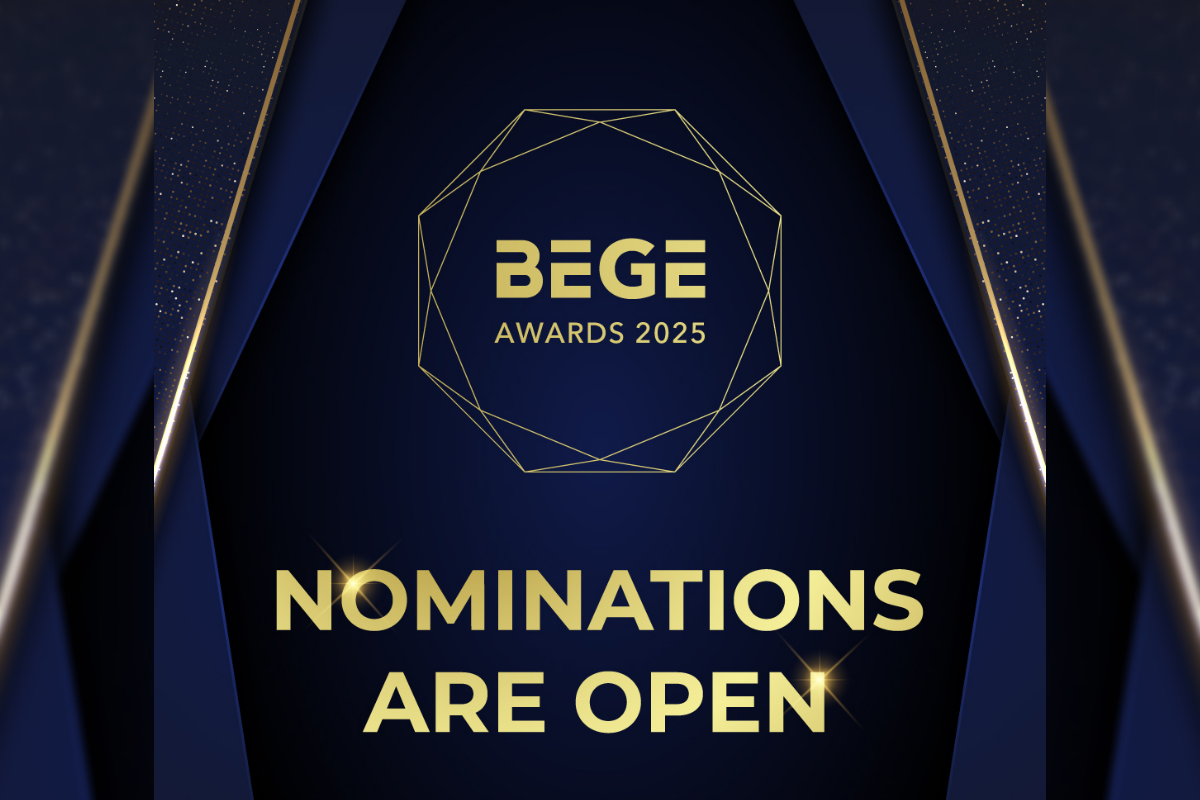
 Balkans6 days ago
Balkans6 days agoBEGE Awards Nominations Now Open – Celebrating 16 Years of Industry Excellence!
-
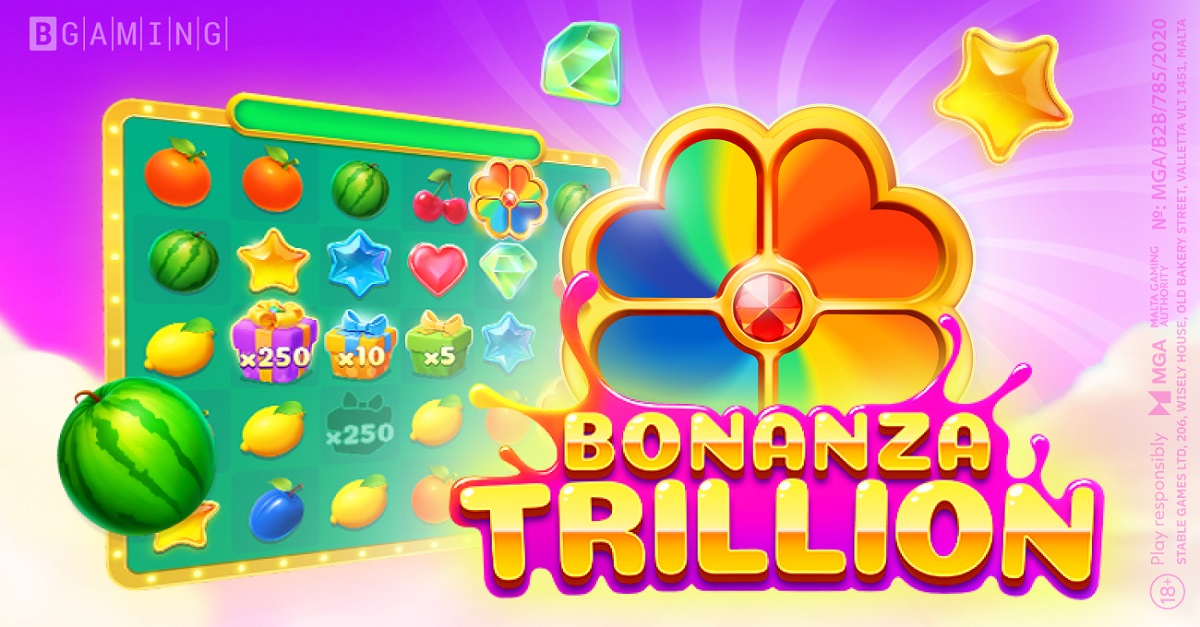
 Latest News6 days ago
Latest News6 days agoWin a Fruity Fortune in BGaming’s Bonanza Trillion
-
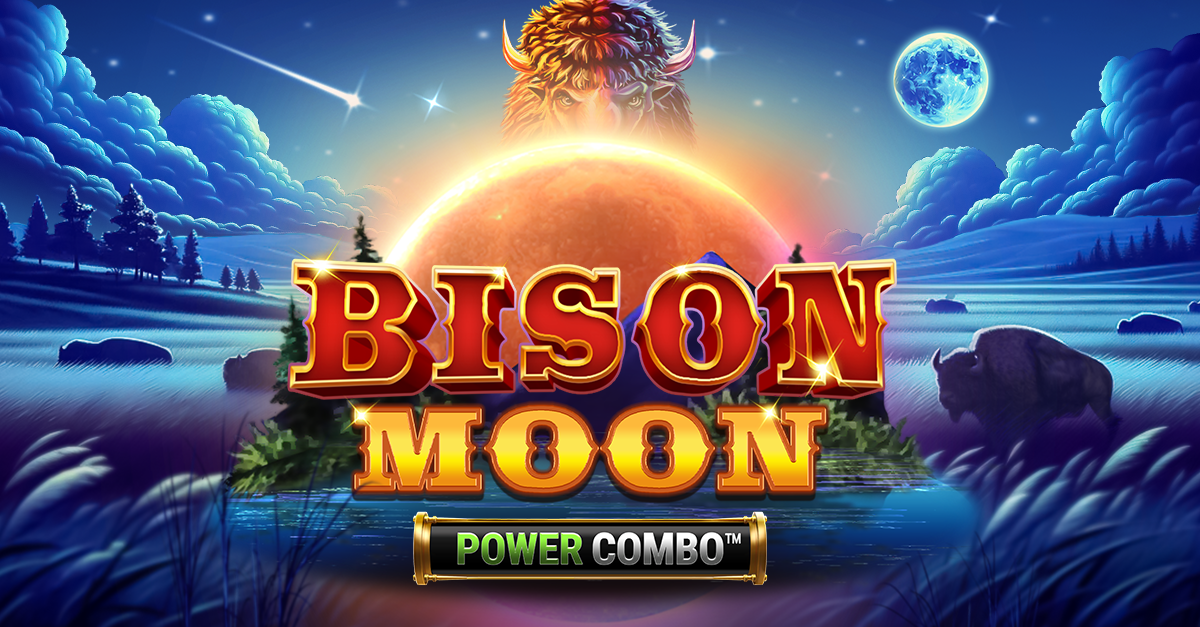
 Latest News6 days ago
Latest News6 days agoSaddle up for big wins under the Bison Moon with the latest slot from Northern Lights Gaming
-
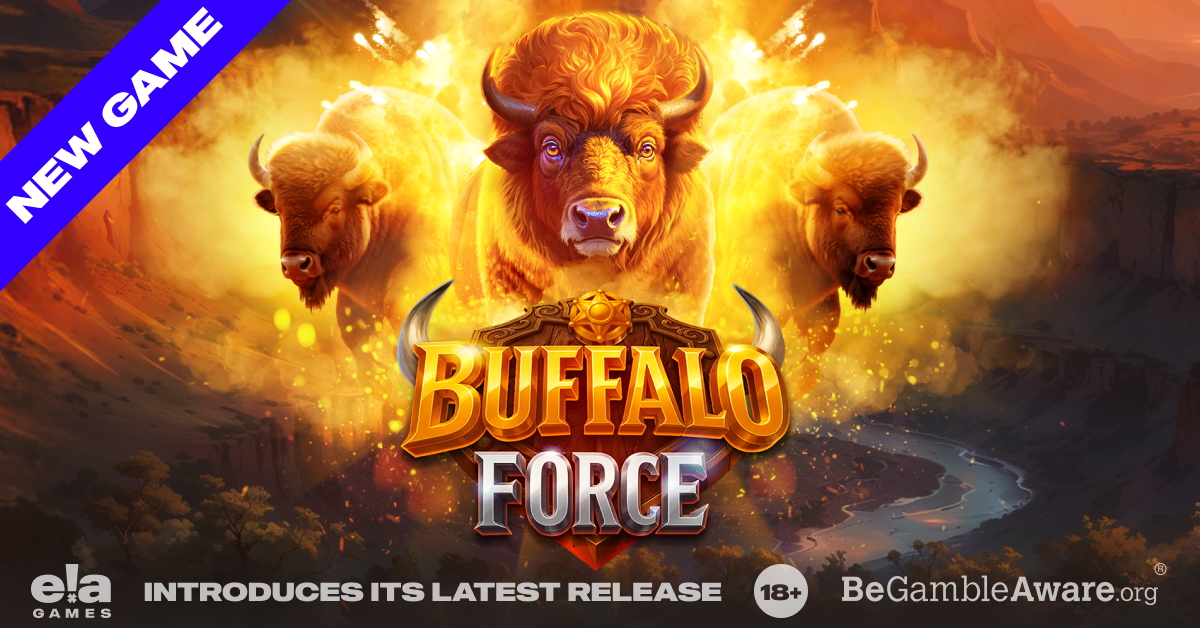
 Latest News6 days ago
Latest News6 days agoAnswer the Call of the Wild: ELA Games Unveils Its Latest Game “Buffalo Force”
-
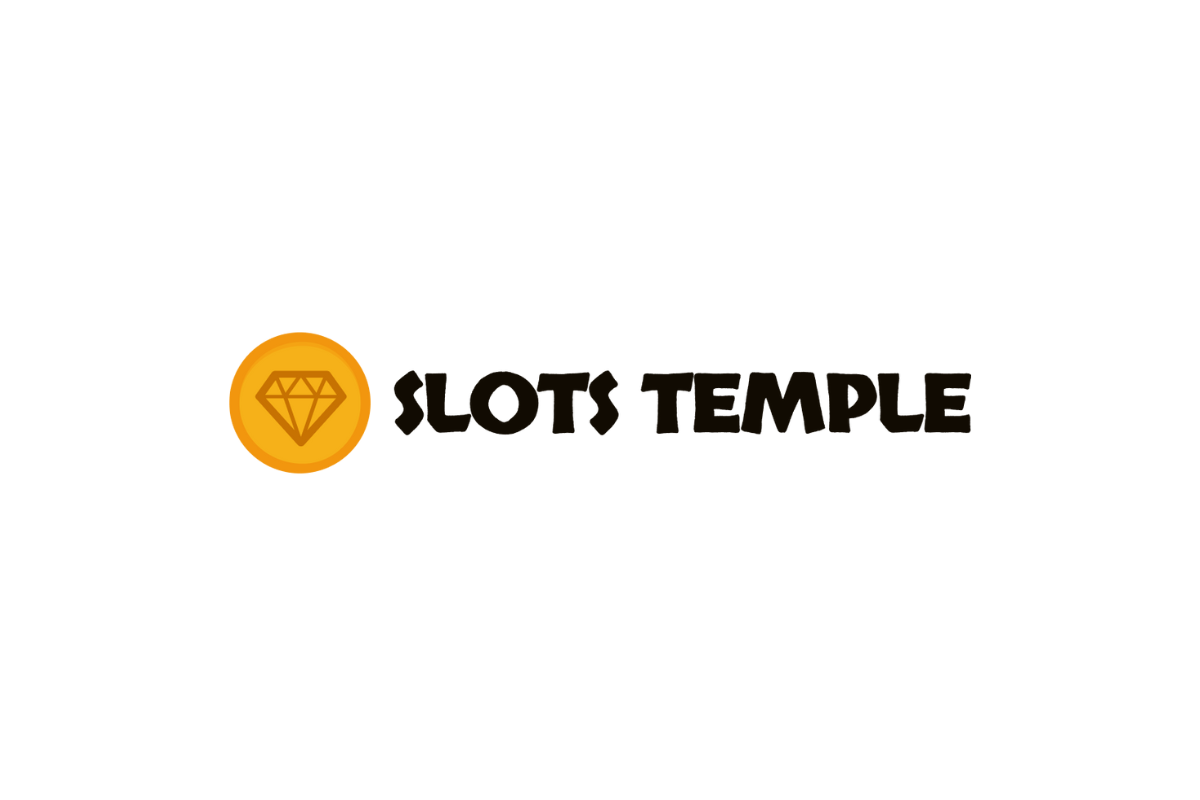
 Latest News6 days ago
Latest News6 days agoSlots Temple Announces Exclusive Free-to-Play Tournament Partnership with Pragmatic Play














